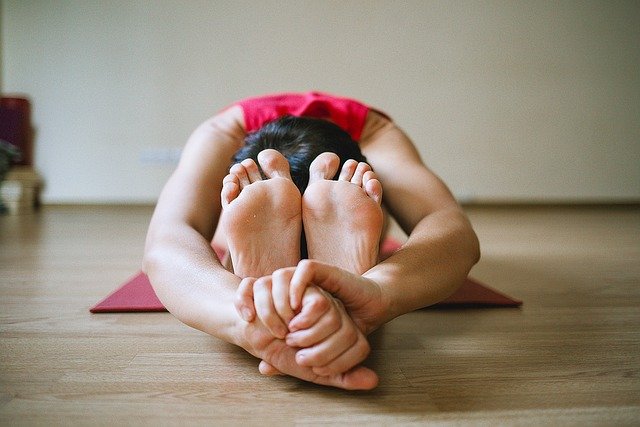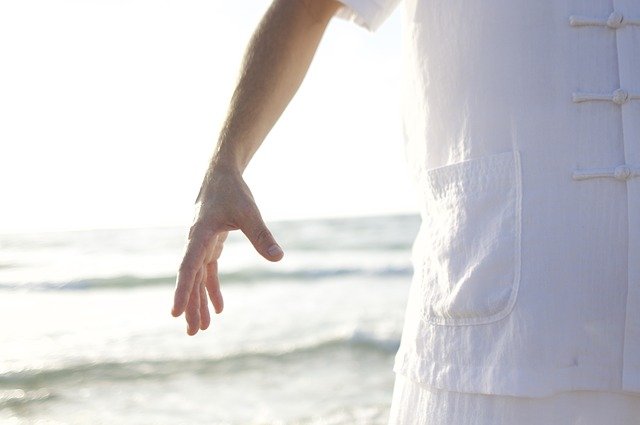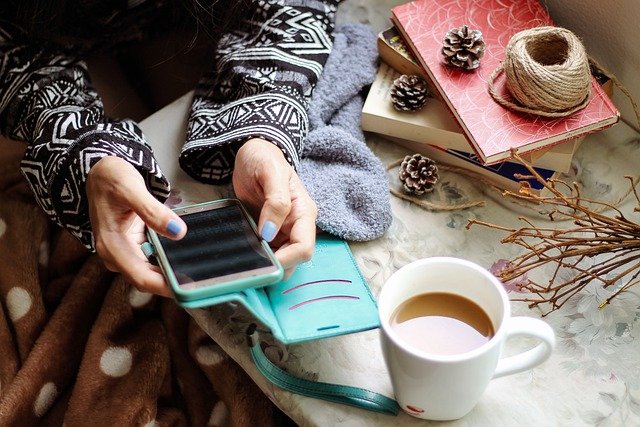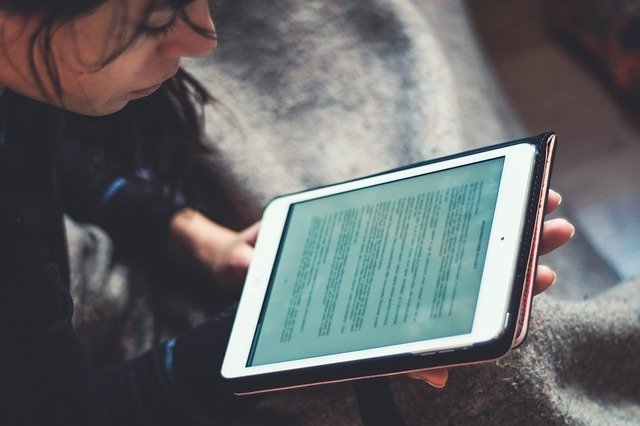What obstacles does one generally face when spending the holidays alone?
Dr. Jayme Albin says “The Holiday season is the time of year most likely when we want to social the most but as our circumstances will not allow for it, it is an opportunity for loneliness to creep in.” 1. Feelings of social isolation can cause many emotional problems such as higher risks for depression, anxiety, substance abuse, higher rate of suicide and other self-harming behaviors (sexually impulsivity, excessive shopping beyond one’s financial means, emotional eating, engaging in self-destructive relationships).
2. Feelings of loneliness have never held more prevalent than in 2020. People are going into the Holiday season having already feeling cut off from family, friends, co-workers and general society than before. Even if you have a family or roommate to physically spend time with, there will be no large, extended family gathering or holiday parties that we are used to. In the past when someone was alone for the holidays, it usually did not come with 8 months of prior isolation. Knowing that the US is facing the highest number of COVID-19 cases in the weeks leading up to Thanksgiving, we are all facing fears of another lock-down, which means longer durations of social isolation and feelings of loneliness. In addition, many of us are dealing with the added stress of economic anxiety, fears of contracting COVID -19 or having a loved one infected.
3. Dr. Jayme Albin “The current pandemic poses a multi-stressor situation for those who are isolated including fears and dread of being alone, economic anxiety from the unknown and health anxiety for ourselves and loved one.
4. Dr. Jayme Albin offers some behavioral tips to help to emotionally cope with the overwhelmingness of being alone during the holidays:

a. Meditation, mindfulness exercises, prayer, deep breathing and positive thinking can help manage the stress levels that come with isolation and the fears we are all facing. Research shows that acute stress can interfere with even the healthiest individuals (Gomez-Merino, D; Drogou C; Chennaour M et al). These techniques have been shown to combat the reduction in immune suppression changes. These immune suppression changes can make one more suspectable to physical illness (including contraction of a virus) and longer recovery rates but also more suspectable to mental illness such biological marker of depression and acute anxiety (panic attacks and Generalized anxiety disorder).

b. Restorative Exercises and Operating Self-care: This includes sufficient sleep (at least 8 hours a days), self -massage, and at home facials. Effective sleep and longer sleep durations are linked to stronger immune systems which makes one less suspectable to the psychological evils that seep in when one is lonely. Restorative exercises and self-pampering (Yoga, stretching, self-massage, DIY facials help us feel special and actually distract us from negative thoughts and feeling of loneliness. These have been associated with healthier psychological and physiological outcomes even in healthy individuals.

c. Virtual Socializing -We need to do the best we can within challenging situations. Celebrate the holidays over zoom/Facetime or some other video phone system. Order or cook a healthy meal and join others for at “home virtual celebration.”. Engage in an online cooking class with a cooking school or with loved ones. Plan to create decoration over video chat with friends! Avoid complete isolation which promotes mental rumination. Use social media in healthy ways: Pick and choose wisely who you connect with- Social media can put you in the position to encounter negative feelings of jealousy and frustration so connect with people who are positive and supportive. Don’t be afraid to defriend someone who makes you feel envious or upset because they are posting group photos. Use social media to enhance feelings of gratitude and empathy.

d. “Making new brief friends”- These means socializing in a social distant way with people whom we may ordinarily ignore such as neighbors or essential workers that we come in contact with. Having a brief (5 minute) conversations can enhance our mood and help combat feelings of isolation.
e. Physical and Good Nutrition- Any movement even walking in place during a zoom call can help combat feels of sedentariness that often is a driver of negative emotions. Finding ways to workout at home. For e.g. there are plenty of videos on Youtube, Zoom to help you move. Or invest in home exercise equipment! Physical exercise has been linked repeatedly to producing positive hormones (endorphins). It can also provide a sense of socializing depending on which option you choose. I personally do zoom palates and I find that working out with a group of strangers makes me feel connected to others.
Good nutrition such as eating 2 -3 servings of daily vegetables can help us keep mentally fit and fueled to ward of lethargy.

4. Other things you can do to combat loneliness . Decorate your home even if it’s just you or your small family don’t skip the holiday. Make your house feel special. Dress up! Stop wearing Pjs all day. Make yourself feel special and important. Its important to invest in ourselves for ourselves not just others!
g. Learn something new! Create your own memories of self- improvement. Take the time during the holidays to self-improve. If you are used to enjoying a delicious holiday Turkey or Roast then take a class on-line to enhance your cooking skills. Learn an instrument- play your favorite holiday songs. Make your own holiday cards with new painting skills. It’s key to come out of the time we are spending alone with something that we can look back on and say “I did that”. The worst thing you want is to look back on this time and say “what did I do this holiday season?”.

Doctor Jayme Albin is an author, clinical psychologist, motivational speaker and trained Kundalini yoga instructor. She has been offering her therapy services since 2003 working with children through adults in private and group settings. She has three books published about treating the fear of flying (Virtual Reality and Biofeedback to treat Phobias) and to helping readers with Cognitive Behavior Therapy (Idiot’s Guides: Cognitive Behavioral Therapy, Conscious Care Guide-Cognitive Behavioral Therapy- Recognize & Overcome Behaviors For a Healthier and Happier You”.).
Article reference:
Bryant J Webber, Public Health and Preventive Medicine Department, US Air Force School of Aerospace Medicine, 2510 Fifth Street Bldg 840, Wright-Patterson Air Force Base, OH 45433-7913,
Gomez-Merino D, Drogou C, Chennaoui M, Tiollier E, Mathieu J, Guezennec CY. Effects of combined stress during intense training on cellular immunity, hormones and respiratory infections. Neuroimmunomodulation. 2005;12(3):164-72. doi: 10.1159/000084849. PMID: 15905625.

